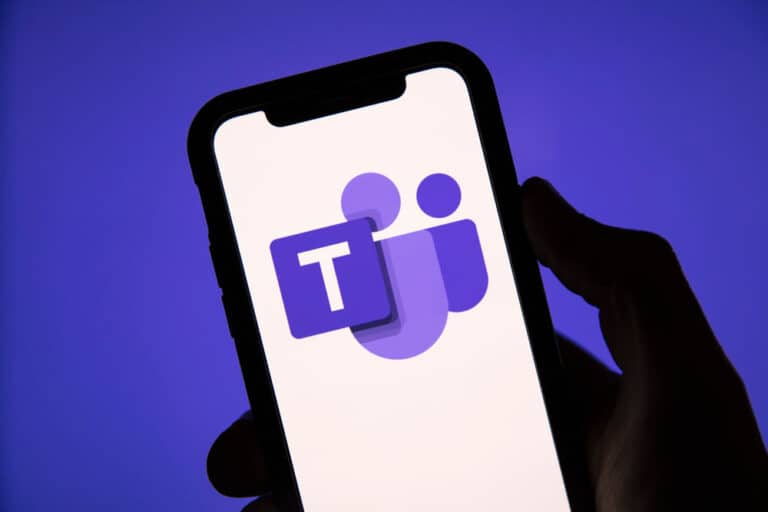Several Dutch ministries are reconsidering their use of Microsoft Teams and looking for alternatives. This is evident from answers to parliamentary questions from GroenLinks-PvdA and NSC about the growing dependence on American technology giants. The interdepartmental program Beter Samenwerken is particularly central to this reconsideration.
Dependence on American cloud services entails significant risks. Minister Paul of Social Affairs warns of the consequences of a sudden denial of access. “An abrupt denial would affect essential support processes such as email, collaboration via Teams, document exchange, and security monitoring.”
In such a scenario, the Social Insurance Bank would face disrupted services and an affected communication structure. This vulnerability highlights the profound integration of American technology with government processes.
Limited implementation at the Ministry of Justice
The Ministry of Justice and Security is taking a cautious approach to Microsoft 365 services. Outgoing Minister Van Oosten emphasizes that these are not purchased in the online cloud version. “Microsoft Teams is only used for video conferencing and chat,” says the minister. Files are stored on local drives and via the Government Data Center, in accordance with government-wide security frameworks.
This limited use contrasts with the broader use at other ministries. The choice for local storage and central applications via Citrix workstations demonstrates conscious risk management.
Interdepartmental investigation of alternatives
The Ministries of Justice, Security, and the Interior are studying Microsoft Teams through the Better Collaboration program. This interdepartmental initiative is reconsidering the intended use of Teams in work environments and investigating alternatives.
Which specific alternatives are being investigated remains unknown for the time being. The program appears to focus on finding solutions that involve less dependence on a single supplier.
License dependency versus cloud issue
Outgoing Minister of Finance Heinen puts the debate into perspective. He argues that every ICT solution, whether purchased or developed in-house, involves supplier dependency. “Even with on-premise solutions, the loss of Microsoft or Apple support could result in the loss of crucial functionality.”
This analysis shifts the focus from the cloud to suppliers. The Movable Property Division migrated to Microsoft 365 in the middle of last year, while the Tax and Customs Administration is planning a similar switch this year.
Pursuing strategic independence
Outgoing State Secretary for Digitalization Van Marum acknowledges that dependencies are not always avoidable. “It is important to carefully weigh up the pros and cons on a case-by-case basis,” says Van Marum. The aim is to avoid strategic dependencies where possible.
Van Marum emphasizes that dependence on a few market players is undesirable. This position suggests a conscious move toward greater diversification in technology suppliers for critical government processes.
The issue transcends pure cloud issues and touches on the core of digital sovereignty within the Dutch government.
